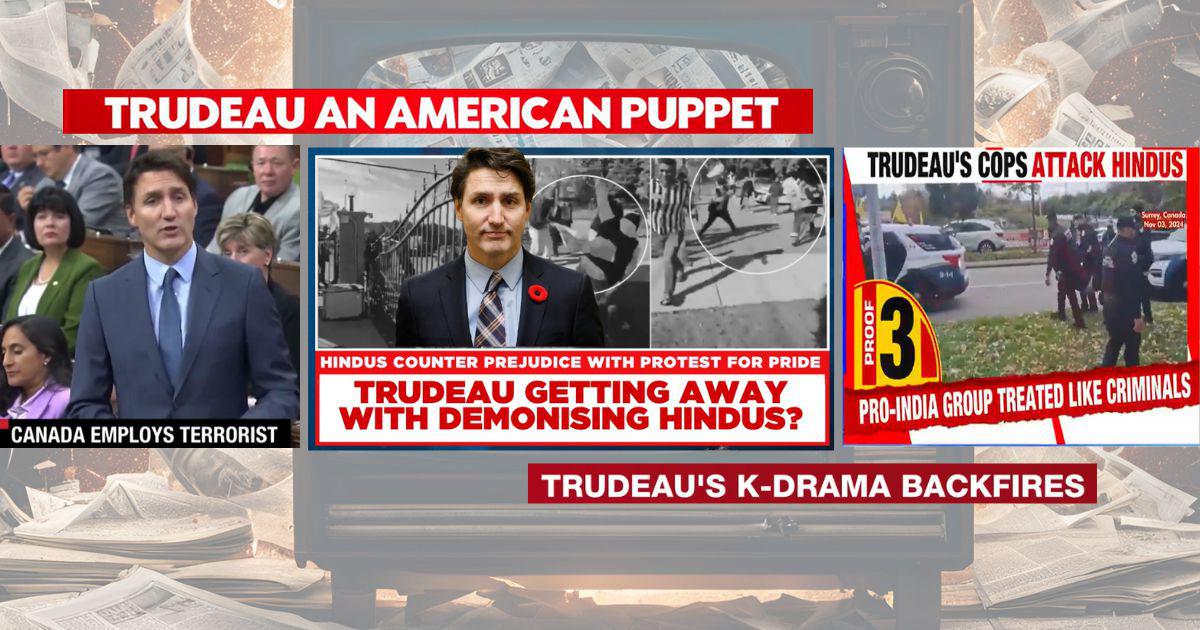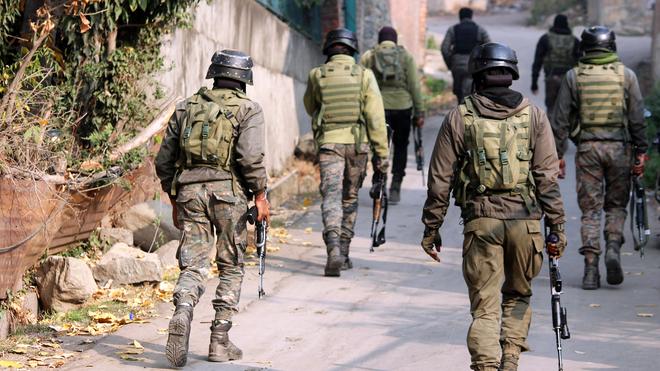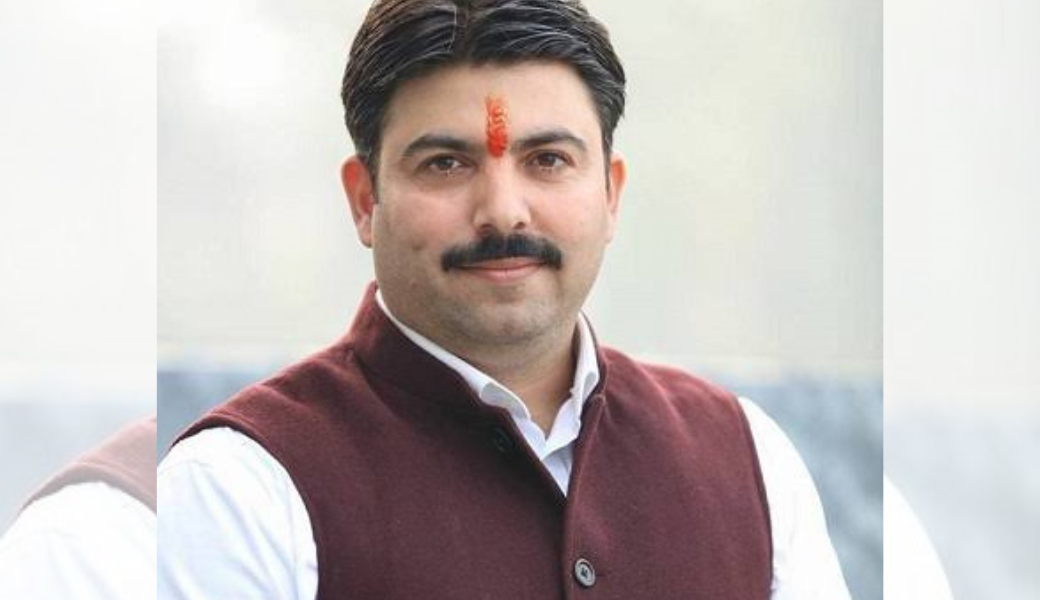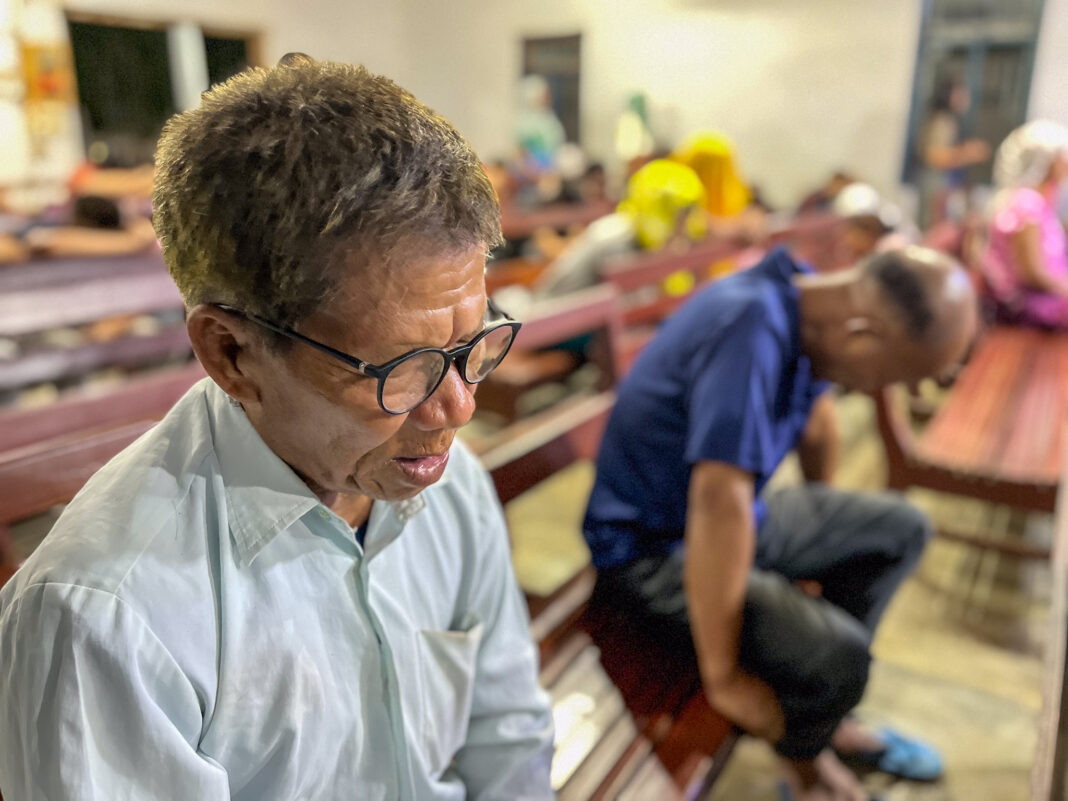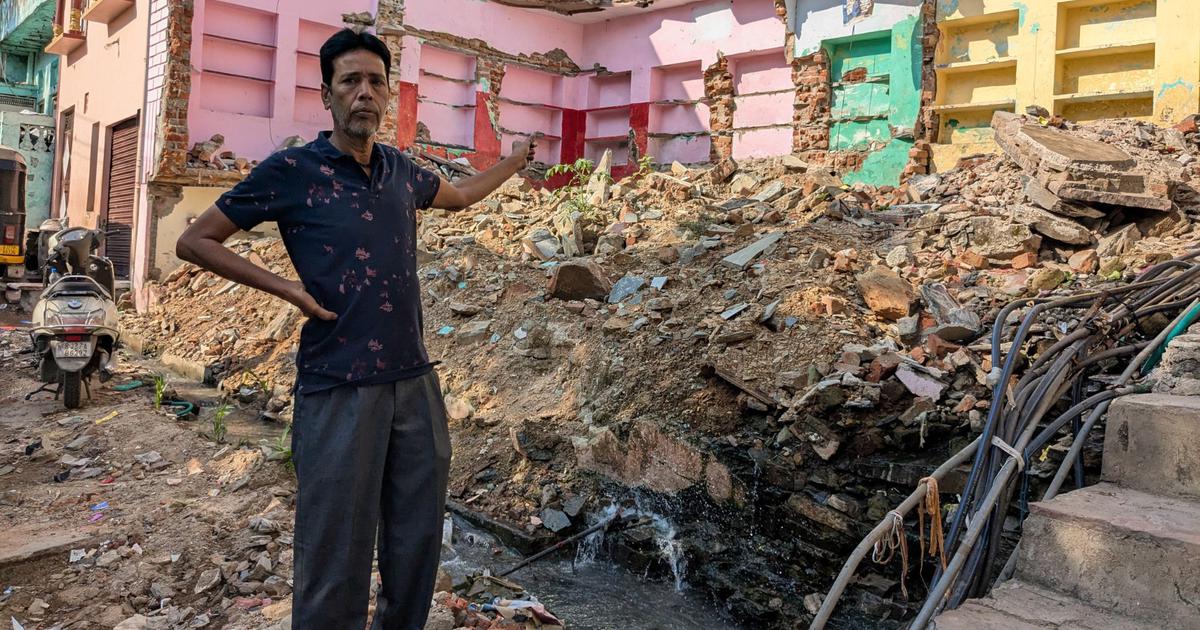
By Abhik Deb
Last month, the Supreme Court called a halt to the demolition of properties of those accused of any crime – a policy used by several Bharatiya Janata Party state governments to punish Indians, especially Muslims. With the court poised to lay down guidelines for such demolitions, Scroll’s reporters went back to several victims of “bulldozer injustice” to document the toll of state action on their lives.
On August 16, a 15-year-old Muslim student of a government school in Udaipur got into a fight with a classmate during recess. He took out a knife and stabbed the other boy. Three days later, the injured teenager, a Hindu, died.
In the three days between the stabbing and the death, a bulldozer ran through the lives of three Muslim families of Udaipur.
A day after the stabbing, the Udaipur civic authorities demolished the 15-year-old’s rented home in the Kachchi Basti locality on the ground that it had been built on unauthorised land. The action was taken after Hindutva supporters in the city held violent protests demanding what they called “bulldozer justice”.
The 15-year-old was sent to a juvenile home and his father, Saleem Sheikh, arrested on the allegation that he instigated his son.
This story was originally published in scroll.in. Read the full story here.

